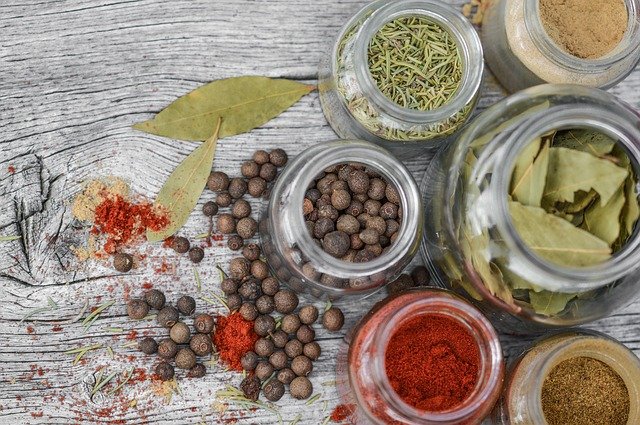Herbal Medicine or Antibiotics, Which One is Better for Epididymitis? Different Disease Types Have Different Treatments
Date:2022-06-21 click:0
Men often have a variety of andrological diseases. Epididymitis is one of the more common. It troubles a lot of men. If timely and effective treatment is not carried out, it may induce various other male diseases in patients.
Epididymitis is a common infectious disease in andrology. The main reason is generally the decline of the patient's resistance or immunity, resulting in local self-infection or epididymal inflammation caused by other urinary system infections.

With epididymitis, patients will experience difficulty urinating, scrotal pain and swelling, and increased pain when standing and walking, significantly impacting life. Active treatment of epididymitis can help the patients get rid of the pain as soon as possible.
So, herbal medicine or antibiotics, which one is better? Let's take a look!
Clinically, epididymitis can be divided into acute epididymitis and chronic epididymitis. Different types of epididymitis have various drug treatment effects.
For acute epididymitis, antibiotics are better for patients. Because acute epididymitis is often a critical inflammatory response caused by bacterial infection, sensitive antibiotic therapy can quickly control the inflammatory response. Some pain relievers can be used if the patient's pain is severe. Antibiotic drugs sensitive to bacteria should be selected, including cephalosporins, quinolones, Macrolide, tetracyclines, etc. The specific selection needs to be based on the guidance of the doctor.
Cephalosporin antibiotics are cefaclor, ceftazidime, Cefminox, cefpirome, etc.
Macrolide antibiotics mainly include roxithromycin, erythromycin, clarithromycin, azithromycin, etc.
Quinolone antibiotics mainly include norfloxacin, levofloxacin, ofloxacin, moxifloxacin, and so on.
The main tetracycline drugs are doxycycline, minocycline, tetracycline hydrochloride, etc.
For chronic epididymitis, the inflammatory response of most patients is not apparent. Some targeted herbal medicines can be selected according to Traditional Chinese Medicine(TCM) dialectical treatment, which will achieve better results. Chronic epididymitis is prone to repeated attacks and can be combined with chronic prostatitis. If antibiotics are used for a long time, drug resistance will occur. The use of herbal medicine treatment can avoid drug resistance and enhance the patient's immunity.
Herbal medicine for treating chronic epididymitis is recommended to take Diuretic and Anti-inflammatory Pill, which can clear heat, detoxify, promote blood circulation, and relieve pain and stranguria. The treatment of chronic epididymitis can effectively eliminate the epididymis's swelling, pain, and discomfort without developing drug resistance.
In addition, epididymitis care can start from the following points:
First, you can massage the testicles regularly to enhance the blood circulation of the testicles and promote the absorption of inflammation. In addition, in terms of diet, men should quit smoking and limit alcohol to avoid stimulating the epididymis and aggravating epididymitis.
Secondly, you should prevent vas deferitis and urethritis in daily life. The bacteria that cause these inflammations will ascend from the vas deferens to the epididymis, aggravating epididymitis.
Finally, people with epididymitis should exercise regularly, such as walking and running. It can effectively promote the blood circulation of the testicular epididymis, enhance the metabolic function of the epididymis, and effectively promote the better recovery of epididymitis.
The above content shows us that herbal medicine and antibiotics have their advantages. Patients who can choose the appropriate drug treatment according to their condition will surely recover quickly.
Recommended Readings:



